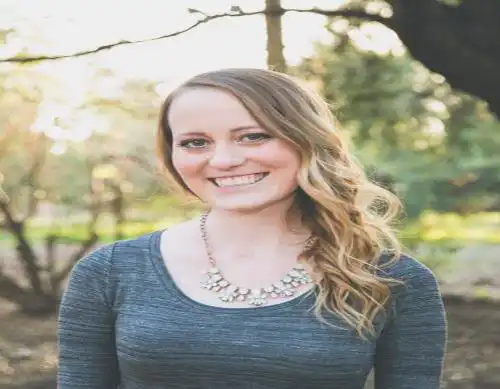
Email: bmganger@capousd.org
Main Office/Phone: (949) 234-5980
Hours: Mondays, Tuesdays, and every other Wednesday from 7:30-3:00pm


Counselor's Corner

I am Mrs. Ganger, Moulton Elementary's School Counselor!
I am Mrs. Ganger, Moulton Elementary's School Counselor!![]()
I am Mrs. Ganger, Moulton Elementary's School Counselor!

School Counselors are bound by confidentiality. Conversations between the student and counselor are considered confidential. However, there are exceptions to this confidentiality. If a counselor has reason to believe that a student is being abused, neglected or is a danger to himself/herself or others, the counselor has the legal, ethical and professional responsibility to report such concerns to the parents or the appropriate authorities.
Family Resources
CUSD Mission & Vision
MISSION STATEMENT:
The mission of Capistrano Unified School District School Counselors is to provide a comprehensive counseling program that supports the whole child. School Counselors will focus on the needs, interests, and issues related to social-emotional, academic, and college/career development of all students through a multi-tiered system of support. School Counselors will advocate, collaborate and facilitate actions that promote a positive school climate, provide an opportunity for all students to access their education and achieve personal and academic success to meet the challenges of a rapidly changing world.
VISION STATEMENT:
The School Counseling Program strives to provide opportunities so that every student will acquire the social-emotional, academic, and career skills to reach their fullest educational potential and successfully manage their lives as healthy, responsible, competent and productive citizens who respect themselves and others.
Second Step Lessons

Second Step is a social-emotional learning curriculum delivered to all students through classroom guidance lessons conducted by the school counselor. Second Step is designed to build a foundation of social-emotional skills such as empathy, emotion management, decision making and problem solving to increase student's success in schools and prepare them to become responsible citizens.



